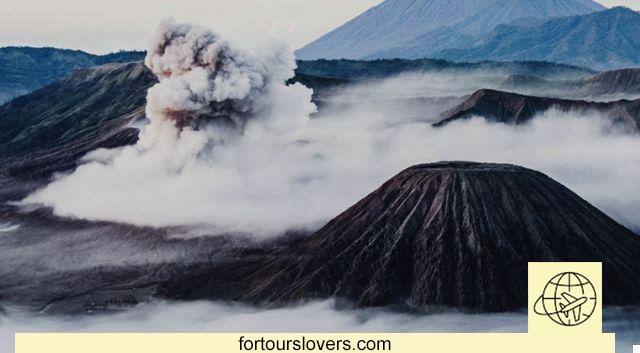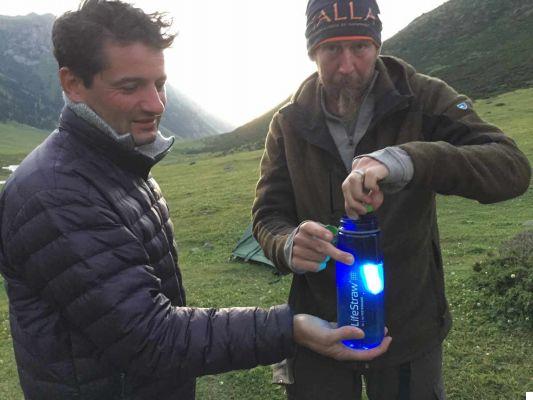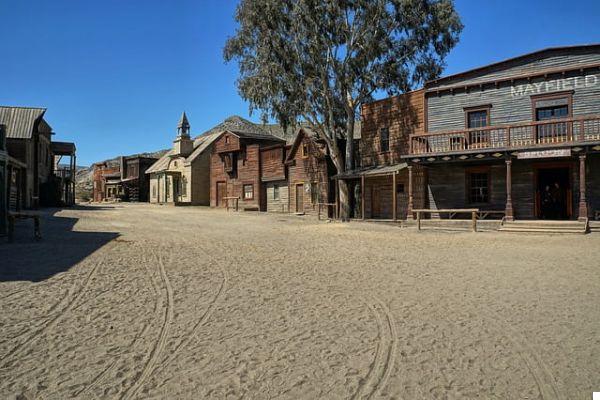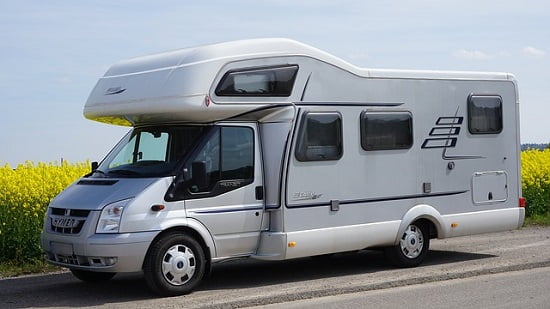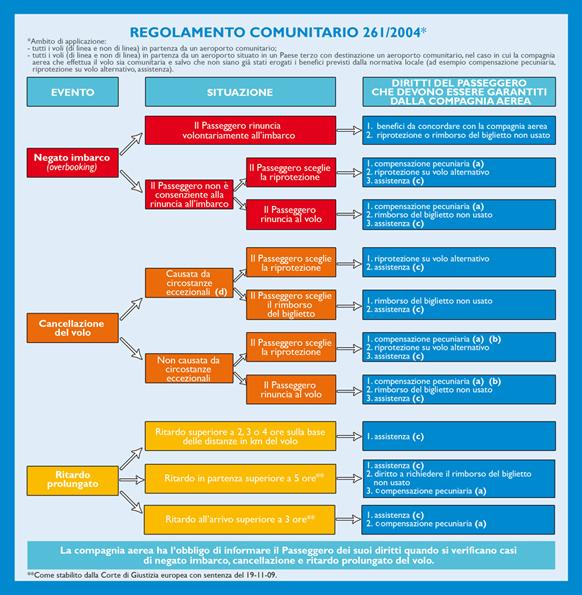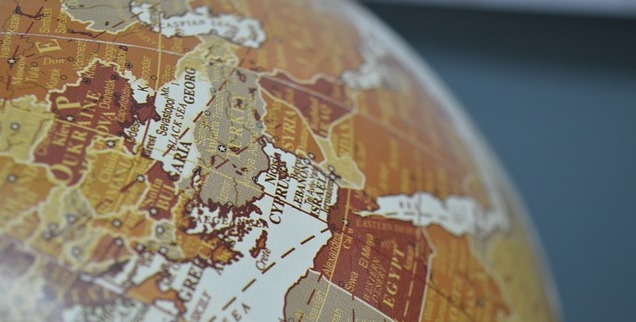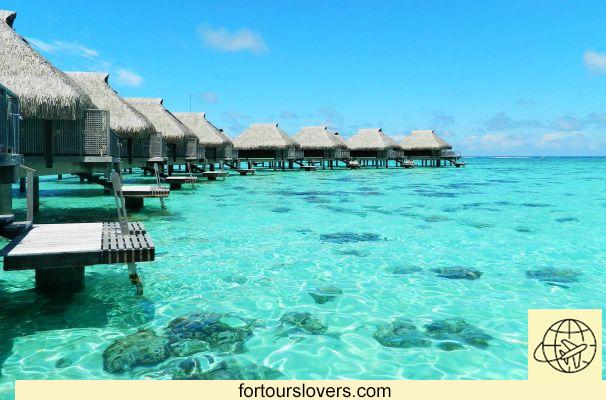Do you feel the constant need to explore all the corners of the world? Do you have the desire to live life free as a vagabond? When you come back from a trip, would you like to book the next one?
Maybe you have wanderlust syndrome!
Don't worry because it's not serious, but if you're wondering what it is, you've come to the right place. I will try to explain it to you in the simplest way possible, specifying all the characteristics and symptoms!
Find out if you are also affected by Traveler's illness!
Wanderlust Syndrome: What It Means
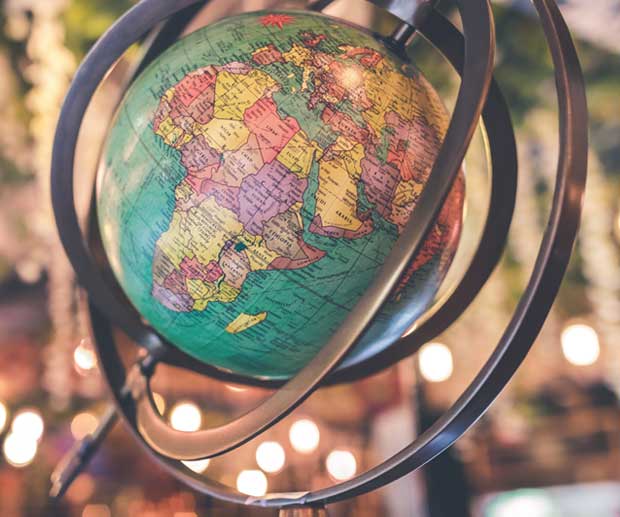
The term Wanderlust derives from the union of the German words "wandern" and "lust" and can be translated as "desire to travel"
This is not a real disease but more of an unstoppable desire to leave and always be on the move. It is the desire to live intriguing experiences, to find oneself in always new and unknown places and to discover different cultures.
In many films it happens to see a plane booked on the day of the flight and choose it with your eyes closed. This is what perhaps most represents Wanderlust syndrome: the desire to travel, regardless of where you go. Going aimless for some can be a real drama but for those suffering from traveler's disease it is pure adrenaline.
The Traveler's Gene
 You will not believe it, but the Wanderlust syndrome has a scientific explanation, it would seem that the obsession with traveling is written in the DNA, in what is called the "traveler gene".
You will not believe it, but the Wanderlust syndrome has a scientific explanation, it would seem that the obsession with traveling is written in the DNA, in what is called the "traveler gene".
According to scientific studies 20% of the population has a variation of the DRD4 gene in DRD4-7R. This mutation affects the dopamine level and makes one more predisposed to be curious, to take risks, to learn about new cultures, to explore and to step outside of one's comfort zone.
A 2016 US research conducted by Kaplan University showed that people with the 7R variant travel more.
Here is revealed why some people are more likely than others to travel and explore remote places.
The Symptoms of the Traveler's Syndrome
Understanding if you are "sick" of travel is very simple, there are in fact very specific symptoms:
- desire to always know new places:
- constantly visit travel sites:
- check flight prices to find "the opportunity";
- return from one trip and plan the next one immediately;
- being impatient if you don't travel enough;
- have the melancholy of past travels;
- counting down to the next trip;
- be happy only when traveling.
Who are the Wanderlusters: the Characteristics
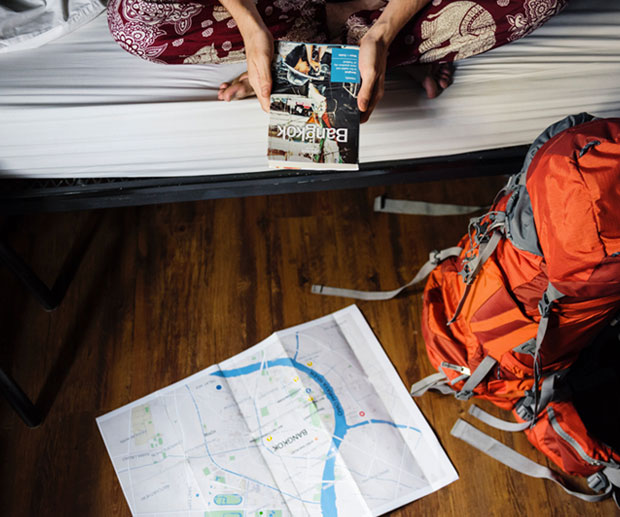
People who own the traveler gene have certain characteristics that distinguish them from others:
1. Discover unknown places
Those with the traveler gene love to spend hours and hours discovering new destinations for their travels, just as they love to devour travel books, always talk about travel and see documentaries, especially if they show unusual destinations.
2. Take a chance
Facing risks, accepting changes and adventure is one of the characteristics of those who possess the traveler gene, always ready to experience strong and adrenaline-filled emotions.
3. First of all the experiences
The motto of the true Wanderluster is: collect moments, not things! Better to spend money on experiences than to buy material things.
4. Try new foods
The curiosity to try new foods and get out of your comfort zone becomes a need.
5. Deepen new cultures and religions.
For them, traveling means learning about new cultures and different lifestyles, a way to enrich themselves internally.
6. Meet new people
Getting to know new people, especially while traveling, can be exciting for those with wanderlust syndrome, as it gives immediate adrenaline and happiness.
In general, those with traveler's syndrome are constantly looking for new experiences, are curious by nature and feel good when they leave their daily routine.
Conclusions
As you have read, wanderlust syndrome is much more than a strong desire to travel.
If for 80% of people traveling is just a moment to switch off, enjoy the holidays and indulge in a bit of relaxation, for the Wanderlusters it is a real need.
I am part of that 20% and it was my traveler syndrome that led me to completely change my life and become a "digital nomad".
And do you suffer from Traveler's Syndrome?







